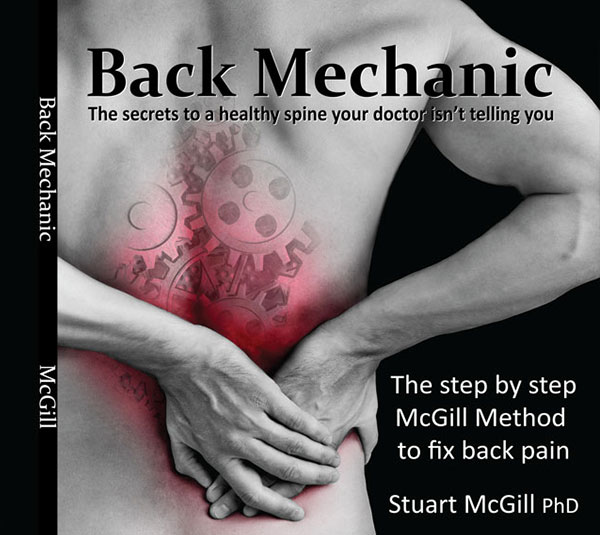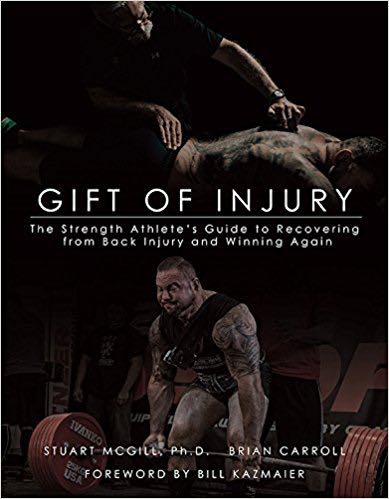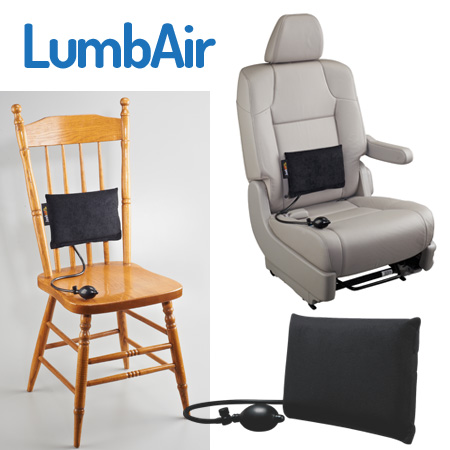03 Sep Overtraining vs. Under Recovery: What Lifters Get Wrong
Article Rundown
- Most lifters confuse overtraining with under-recovery.
- Stress concentrations are the hidden cause of many injuries.
- Planned deloads prevent breakdown and extend longevity.
- Recovery is a strength tool, not a sign of weakness.
Overtraining vs. Under Recovery
Are you truly overtraining—or are you just under-recovered? After three decades under the bar, I’ve learned that most people don’t know the difference until it’s too late. They grind, push, and convince themselves that fatigue is weakness leaving the body. Then, when they finally crash, they call it overtraining.
The truth? Overtraining is rare. Under-recovery is common. And if you don’t learn to tell the difference, you’ll end up sidelined.
The Fine Line Between Pushing and Breaking
In powerlifting, I’ve lived on both sides of that line. I’ve shown up at meets unable to even unrack my opener because my nervous system was fried. I’ve also had the opposite experience—walking into a meet and squatting 1306 pounds, over 100 pounds more than I’d ever touched in the gym. That kind of jump only happens when you train hard, recover smarter, and ride the wave of supercompensation.
But if you push too far, too often, the body doesn’t bounce—it breaks. The difference between hitting a massive PR and tearing yourself down comes down to knowing when to back off.
Why Recovery Isn’t Laziness
One of the biggest mistakes lifters make is thinking that rest means weakness. You’re not soft for taking time off—you’re smart. Recovery isn’t optional; it’s a weapon. When you ignore your body’s signals—insomnia, mood swings, nagging joint pain—you don’t just stall progress, you set yourself up for a major setback.
I’ve been there. Torn muscles, popped tendons, blown discs. Every time, I can trace it back to warning signs I brushed aside. The lesson? Recovery is the difference between building longevity and ending your career early.
Stress Concentrations: The Silent Assassin
Most lifters think of overtraining as “too many workouts” or “not enough rest days.” That’s surface-level thinking. Real damage comes from stress concentrations—when one joint, muscle, or tissue absorbs too much load over time.
Take my bicep tear. I wasn’t exhausted. I didn’t feel “overtrained.” But repetitive pulling and heavy work stacked stress on that tendon until one day—pop. That’s how overtraining sneaks up on you: not as one bad session, but as cumulative fatigue targeting your weakest link.
Remember, muscles may recover in 24 hours, especially if you’re enhanced, but tendons, ligaments, and bones take far longer. If you ignore that, you’re playing with fire.
Systemic Burnout: When the CNS Quits
Then there’s the other side—systemic overtraining. This isn’t just local tissue breakdown; it’s full-body shutdown. Hormonal chaos, nervous system overload, psychological burnout. I’ve seen lifters so fried they couldn’t unrack 135 without shaking.
Recovering from CNS burnout isn’t a weekend deload—it can take months. Ignore it long enough and your body forces you to shut down whether you like it or not.
The Role of Planned Deloads
That’s why I hammer home deloads every 3–4 weeks in the 10/20/Life system. A deload isn’t a vacation—it’s controlled sharpening. You’re dialing in form at 50–60%, letting soft tissue and joints heal, and recharging the nervous system. You’re still working, but you’re building—not burying.
It’s not glamorous. Instagram doesn’t reward sled drags, carries, or perfect warm-up reps. But these “boring” details are what keep you training pain-free into your 30s, 40s, and beyond.
Train Hard, Recover Harder
Overtraining isn’t a badge of honor. It’s a slow trap. Push past recovery long enough and you’ll either plateau or break. The strongest lifters in the world—the ones who stay in the game—train with a plan, deload regularly, and prioritize the long view.
If your goal is to compete for life, not just hit a PR this month, you need to respect recovery as much as intensity. That’s why I built 10/20/Life: a system to help you train smart, peak when it matters, and build resilience instead of breaking down.
Don’t wait until you’re older and saying, “I wish I had trained differently.” Listen now. Train instinctively, manage stress, respect recovery, and you’ll give yourself the best shot at a long, strong lifting career.











Sorry, the comment form is closed at this time.